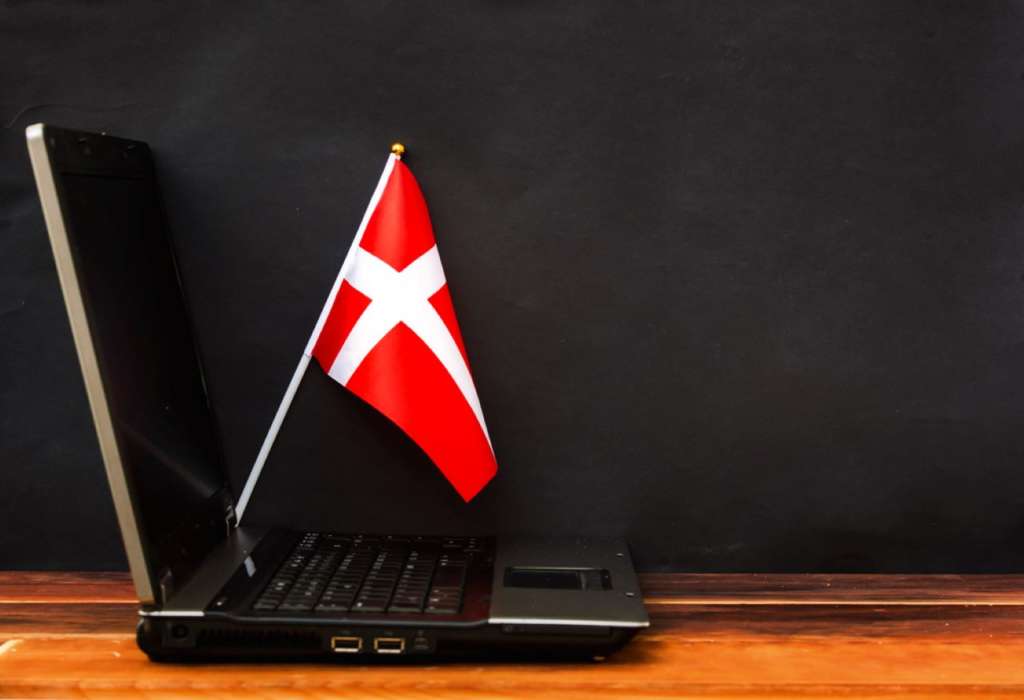Considering Learning Danish?
The best way to learn Danish is by doing one of the many Danish language courses currently available. It is worthwhile learning an additional language because it has so many benefits for your mind. In addition, it allows you to escape your mind and your work life and focus on learning a new skill. The good news is there are tons of Danish language courses currently available. They are very flexible too for those of us leading busy lives. Danish language courses are available in part-time and full-time options, in person and online.
Fun Facts About Denmark
Denmark is one of the happiest countries in the world and has been named this on many occasions, as it remains to be in the very top of the UN World Happiness Report. The Danish language does not have a word for ‘please’. So, if speaking in Danish and the person you are talking to forgets to say please, know that there is no word for ‘please’ in the Danish language. The Demark flag is also the oldest flag in the world. It was first acknowledged in 1219 and remains to be the oldest flag in the world that is still in use by an independent nation. Interestingly, Danish pastry actually originates from Vienna. In the 1840s, some Austrian bakers settled themselves in Denmark and were introduced to the beloved pastry. For this reason, Danish pastry is actually called ‘Viennese bread’ in Denmark.
About Danish
Danish is spoken by around 6 million people across the world. Most of these people live in Denmark, however, Danish is also an official language in Greenland and the Faroe Island, these are both constituent countries under the Kingdom of Denmark. However, Danish is also spoken in the northern parts of neighbouring German. Danish is a North Germanic language, derived originally from Old Norse and part of the Indo-European language family. It belongs wo what is known traditionally as the East Scandinavian languages, along with Swedish. In Danish, it is all about the vowels and as a result, even the Danes struggle!
Danish has nine vowel letters: a, e, I, o, u, y, æ, ø, å. On top of that, there are a significant number of vowel phonemes, around 22 in total which is more than most languages in the world. To put that into perspective, English has around 12 vowel sounds and Spanish has only 5. The Danish language is characterised by a unique prosodic feature called stød. This means ‘thrust’. It can be described as a creaky sound or a glottal stop. It actually serves as the sole distinguishing feature for a number of similar words with different meanings. It is particularly useful for words with silent consonants where the absence of stød would make it impossible to distinguish the word.
The Benefits of Learning an Additional Language
There are many benefits to learning an additional language. For one thing, it will allow your brain to grow and improve your memory. In addition, it will provide you with better listening skills, you will have higher verbal and non-verbal intelligence and your attention span will improve. Also, you will slow down cognitive decline, become a master at multitasking, become more creative and your problem-solving skills will improve. Not to mention, your understanding of your own language will improve, you will read more efficiently and you will think faster. Learning another language also has many benefits for your career. In other words, employers value employees who know another language, especially if they operate in countries where that language is spoken.
What Will I Learn?
Each Danish language course will vary depending on the level, however, there are some things you can expect to learn in just about any Danish language course. Therefore, you can expect to learn about basic vocabulary and fundamental sentence structures. You will also learn greetings, numbers, days of the week, colours, months and times. In addition, you will learn how to speak about personal topics such as your name, age, hometown, country of origin, family members and day to day life. You will also learn more about the Danish culture.
If you’re serious about learning Danish, check out courses near you in the Nightcourses.co.uk national course finder.




